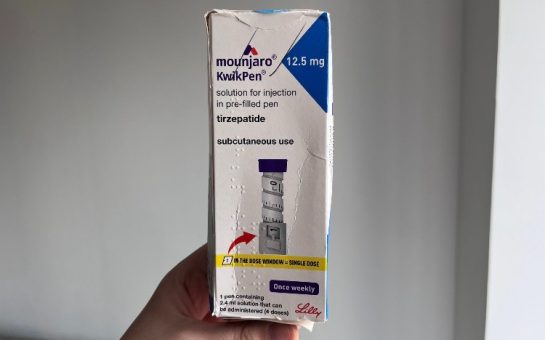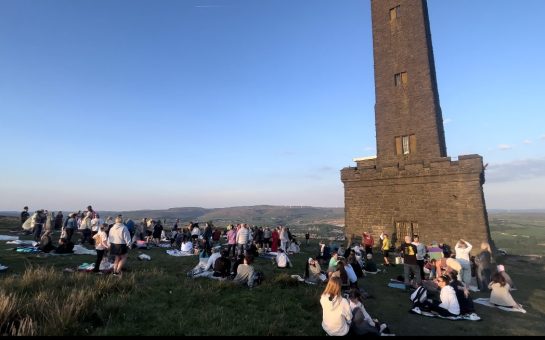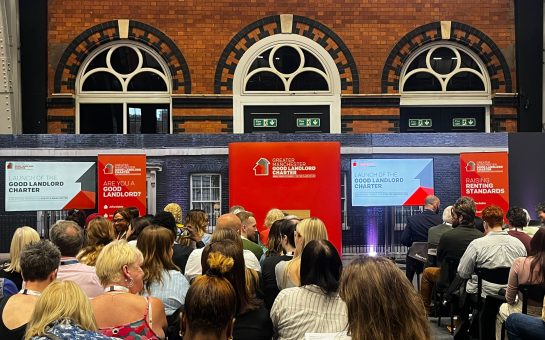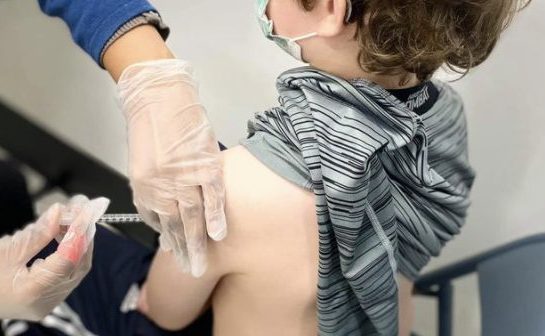An Oldham woman has taken to Westminster to lobby NICE’s decision against making a life-prolonging drug a first-line treatment for cancer patients.
Gillian Nuttall, from Oldham, Greater Manchester, is heading a campaign against the decision made by the National Institute for Health and Clinical Excellence (NICE) to not make a life-prolonging drug a first-line treatment for Melanoma patients.
Malignant Melanoma kills more than 2,000 people a year in the UK and is now the second most common form of cancer in young adults aged 15-34.
Bristol-Myers Squibb’s ipilimumab, or Yervoy as it’s commercially known, was dubbed the skin cancer ‘wonder’ drug by the media when it was licensed for use in the UK in 2011.
Clinical trial results revealed it had prolonged the lives of patients suffering from malignant melanoma by an average of four months, but up to and further than five years.
However, the drug has only been available in the UK as a second line treatment, meaning it is only available to patients once their initial treatment has failed.
This is despite the drug being a primary treatment option across Europe and the USA.
Currently, the front line drug prescribed is dacarbazine, a form of chemotherapy, which is generally considered to be ineffective in fighting the disease.
Gillian Nuttall the founder of the charity Melanoma UK, along with Melanoma Taskforce has led an on-going campaign to make the drug a first line treatment.
In late February, NICE recommended to only make Yervoy available to those who have failed chemotherapy or those willing to take part in clinical trials due to a lack of evidence and lack of cost effectiveness.
Gillian, said that the decision is ‘yet another devastating blow’ for Melanoma patients, who already have a very limited pool of treatment options.
Gillian told MM: “It simply does not make sense to put a patient through three months of awful chemo that won’t work, only for them to have the drug in the end anyway.”
One of Gillian’s acquaintances, recently widowed, said: “My husband was on the standard chemo and never got the chance to have this drug.
“I live with the knowledge that had this drug been available first line and he had not had to endure dacarbazine, he might still be here.”
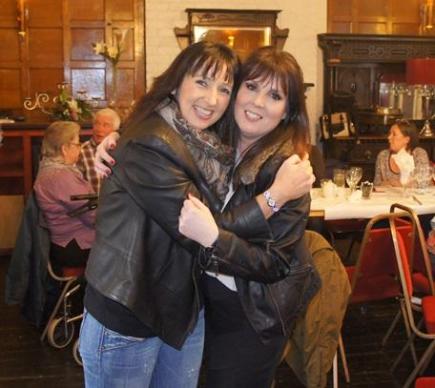
GILLIAN NUTTALL: Gillian with friend Melanoma UK event
Unfortunately this is not the first time they have dealt with a blow like this; Melanoma campaigners had to go through the same process in order to get NICE to approve the very same drug as a second line treatment back in 2011.
With the help of her team at Melanoma UK and the Melanoma Taskforce, Gillian has since taken to Westminster to try and get the decision reversed, lobbying MP’s and speaking to the press.
They already have a number of MP’s backing them, including Labour MP for Heywood and Middleton, Jim Dobbin.
The group are now urging supporters and patients to contact their local Members of Parliament to ask them to write to NICE and the Department of Health to request a review of the decision.
Derbyshire MP Pauline Latham, who lost her brother to the disease and now works closely with Melanoma UK, raised the issue during the House of Commons Debate on March 11.
She called for the Department of Health to make Melanoma a priority and to put pressure on NICE to offer ipilimumab as a first-line treatment to extend the life expectancy of melanoma sufferers.
And crucially, improve their quality of life, so that they can continue to contribute to society for longer as well as having a better quality of life.”
The MP continued: “If the majority of patients do not benefit from dacarbazine as a first-line treatment, NICE’s decision not to use ipilimumab initially both fails to provide value in the long term for the British taxpayer and shortens people’s lives.”
Mrs. Latham held an Emergency Evidence Session after the debate which campaigners, including Gillian, and patients attended.
Gillian began raising awareness for Melanoma after a family friend died from the disease in 2008 aged 30 years, and has since raised around £200,000 for research at The Christie.
She said there was very little information at the time about the deadly skin cancer: “I searched the world over for answers – there weren’t any. So I decided to raise some money and awareness of the disease.
“Patients need support and if I can give that support, then my time doing this is not wasted. I care passionately about the patients and their families, and I will always do what I can, when I can to help them.”
Kate Law, Cancer Research UK’s director of clinical trials, told MM drugs like Ipilimumab “represent real signs of progress for a disease where treatments are long overdue” and that they look forward to NICE “issuing a final decision on the use of this drug as a first line treatment.”
There is still a small window for which NICE can reverse it’s decision.
Anyone who wants to help the campaign should visit the Melanoma UK page.
Image courtesy of Stephen Dickter, witht thanks.
